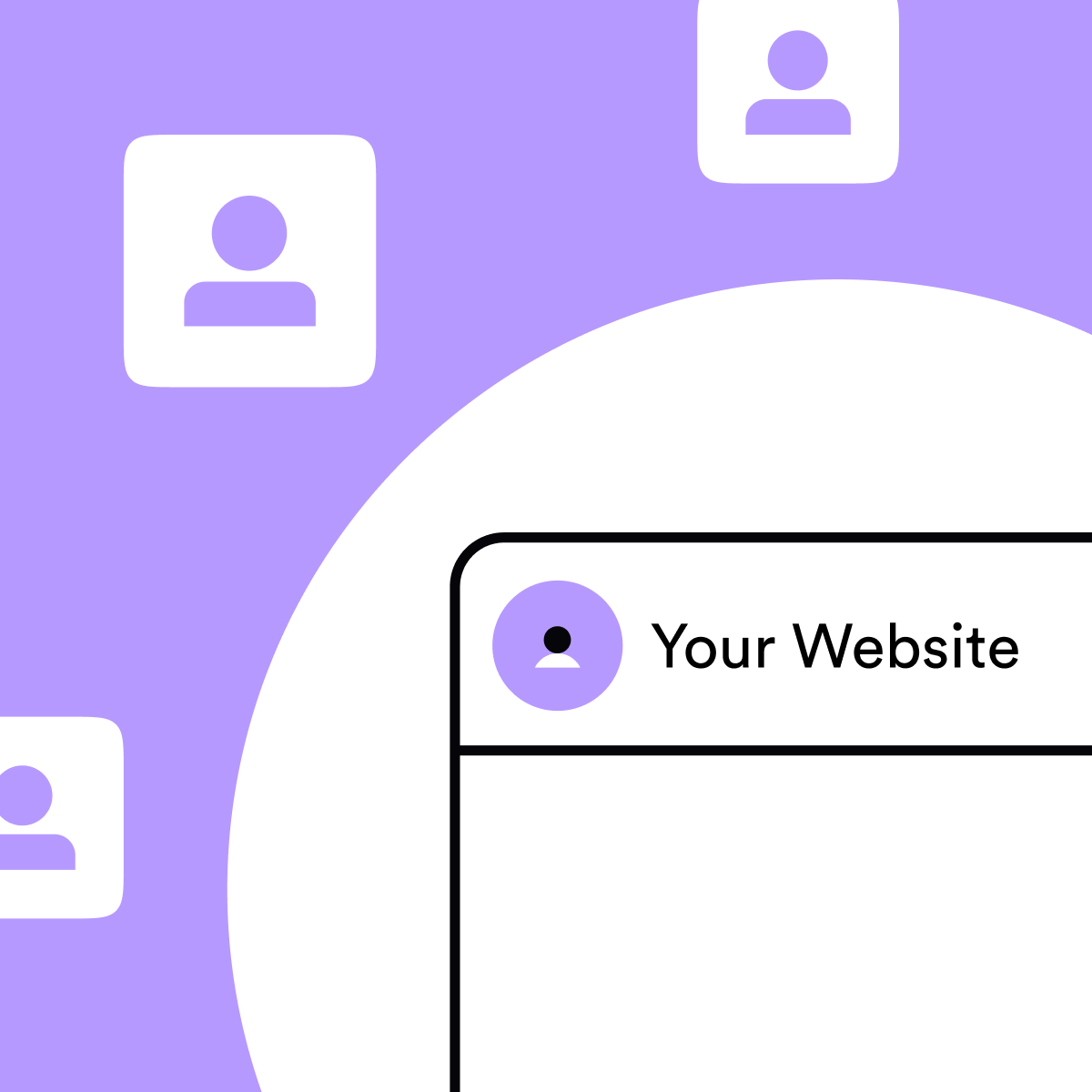
Digital experience
Navigating the AI Storm: SEO Guidance on AI-Generated Content
.png)
In recent years, the meteoric rise of generative AI tools like ChatGPT has given marketers, content creators and website owners a faster, easier way to create content at scale. But what (if any) are the SEO implications of using AI-generated content on your website? Here, we’ll walk you through 5 ways to maximise the use of AI content in an SEO-friendly way.
With a few simple ChatGPT prompts, you can generate hundreds of thousands of words of content within a matter of minutes. Considering content creation for a website is a crucial, but time-consuming task to complete manually - this is a massive leap in efficiency.
But how effective is AI content when it comes to ranking in Google’s search results for your desired keywords?
It is, but there are caveats to it.
What’s Google’s Stance on AI-Generated Content?
If you’re considering (or are already) using AI to generate content for your website, Google is very clear is where it stands:
“However content is produced, those seeking success in Google Search should be looking to produce original, high quality, people first content demonstrating the E-E-A-T qualities ”
What does this actually mean? It means that Google is more concerned with the quality and helpfulness of the content produced, as opposed to how it’s produced.
What’s E-E-A-T? It’s not a ranking factor, but one of the frameworks that Google uses to evaluate great content.
- Experience - does the content demonstrate the writer’s first-hand experience?
- Expertise - is the author an expert on the topic covered?
- Authoritativeness - is your brand or company an authority in your industry?
- Trustworthiness - how accurate, consistent and reliable is the content?
So long as you aren’t publishing AI content to manipulate search rankings, and are instead using it to provide helpful content for your target audience, your rankings won’t be impacted.
But here's the caveat: AI-generated content may not always check all of the boxes when it comes to E-E-A-T.
What Are The Limitations of AI-Generated Content for SEO?
AI’s ability to speed up the content creation process is great, but it’s not a replacement for human writers (yet). It still poses a number of challenges and limitations that need to be considered:
- Misinformation: the AI models that tools like ChatGPT are built on are limited by the data that they are trained on. For example, ChatGPT 3 was trained on data before 2021, so if you tried to ask it to write an article about X (formerly Twitter), it would generate completely made up content with outdated, unreliable information. This lacks trustworthiness, as the misinformation will drive away users and Google will prioritise articles with more credible content.
- Lacks the Human Touch: Writers bring their own unique style and personal touch to content to make it more engaging. That element of human creativity or inclusion of personal anecdotes is often missing from AI-generated content and so users may lose interest and leave if the content doesn’t engage them.
- Lacks Originality: If everyone uses the same prompts to generate the same content for the same article, why would Google want to rank it? AI content tools lack the human experience and expertise required to create original content that will be helpful to readers.
So, how can, or rather how should you use AI to create content for your website?
5 Ways to Maximise AI-Generated Content for SEO
When it comes to AI content creation, the trick is to think of the tool you’re using as a means to provide a blueprint that you will later polish and improve before publishing.
Relying solely on AI-generated content isn't going to meet Google’s criteria for E-E-A-T and helpfulness.
Here are 5 ways that you can use AI to aid your content creation in an SEO-friendly way.
- Generating Keyword Ideas - whether you’re developing a website for your new brand, launching a new range of products/services or simply looking to expand the content on your existing domain, AI is great at generating keyword ideas that are relevant to your industry at scale. Provide a seed keyword into the AI tool and it’ll generate a long list of related terms that will be relevant. You can also ask it to give you specific keyword ideas based on the type of content you’re creating i.e. “informational keywords about fishing”, or “transactional keywords for a law firm”.
- Creating Blog Outlines - As with keyword ideas, AI is also great at generating full outlines for informational blog posts. For example, you can ask ChatGPT to create a blog outline for an article about growing chillies and it’ll generate each heading and subheading for you. While ChatGPT provides a great starting point, it’s worth noting that you shouldn’t trust the outline blindly. Do your own research to verify whether the outline provided is accurate. https://imgur.com/ewlFF7l
- Producing SEO-Friendly Meta Data - AI is great at writing short form content. This includes producing metadata for your pages such as page titles, H1 headings and meta descriptions. Each of these elements are used by Google and users to understand the relevance of a web page to the user’s search query, so it’s important to optimise them. Here’s an example of AI-generated metadata for our chillies article. https://imgur.com/IsSX5zl
- Producing Short Form Content - Apart from metadata, AI is also great at writing other kinds of short form content. For example, eCommerce brands looking to expand their product offerings can generate short category page descriptions that appear above products at scale using AI. https://imgur.com/tqcRjOc. Here’s a simple example of a description generated by ChatGPT. https://imgur.com/PNG3H5o
- Proofreading & Editing Content - Having another set of eyes to proofread and edit your copy is always helpful, especially when it comes to writing content with SEO mind. Saving both time and resources, AI can help you proofread your content and iron out any grammar or spelling mistakes and uplift your content altogether. This also includes rewriting content so that it matches your brand’s tone of voice.
Round Up
AI-generated content is becoming the norm, so there’s no harm in embracing it for your own web development and SEO purposes. The key to success is to make sure that you’re combining the AI-generated content with a human touch. Harness the power of AI and use it as a stepping stone to producing high quality, helpful content that engages your audience and showcases your experience, expertise, authority and trustworthiness.
If you need guidance with optimising your content for SEO, don’t hesitate to get in touch here to start the conversation.








